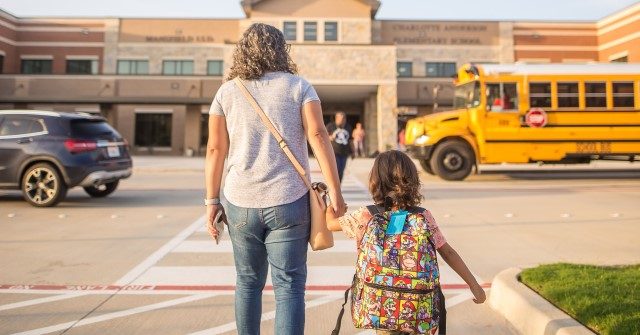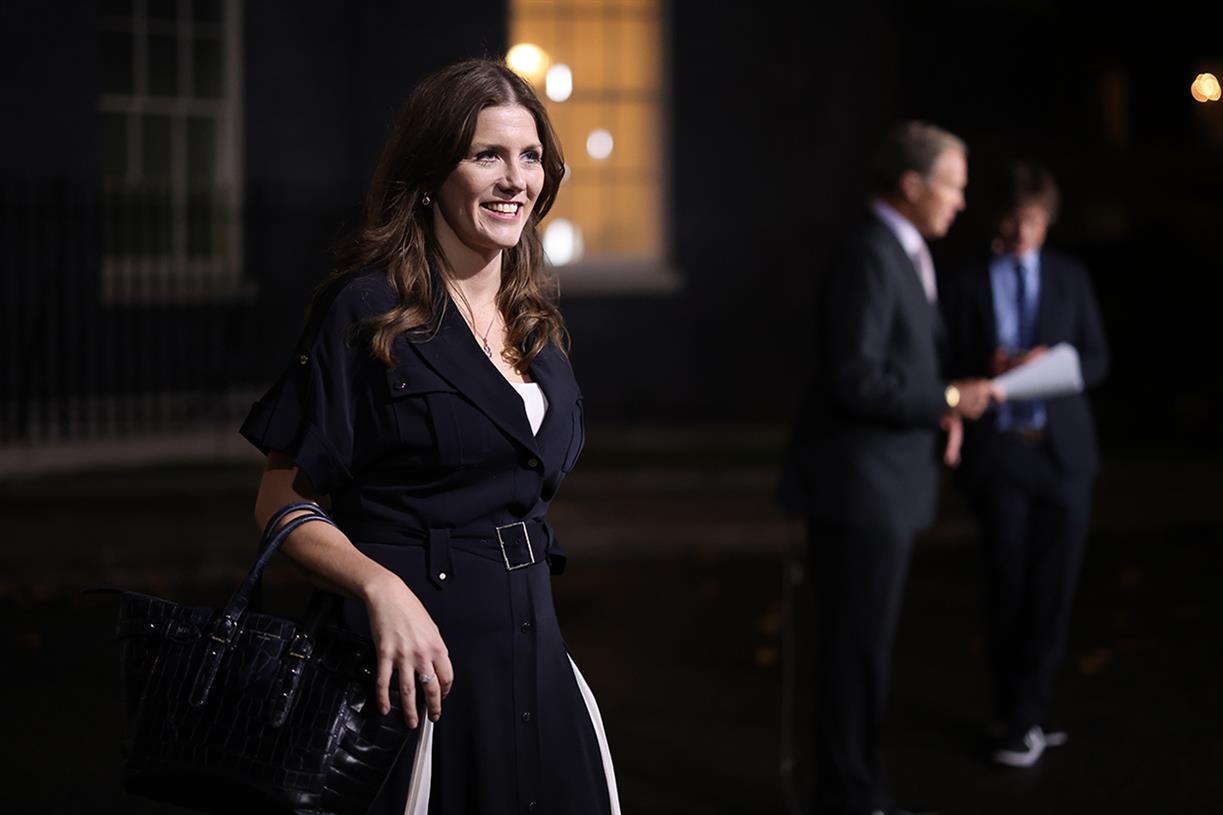American satisfaction with the country’s K-12 education system has reached its second all-time low, according to a Gallup poll.
Only 42 percent of Americans say they are satisfied with the system, which is the lowest number in two decades and the second-lowest rating in Gallup’s tracking of the question.
This number is in contrast to 51 percent in 2019, which was a near-record high. Gallup said the satisfaction has been “dropping slightly each year since.”
Twenty-three percent of Americans are “completely dissatisfied” with the education system and 32 percent are “somewhat dissatisfied,” showing a total of 55 percent overall dissatisfaction. Only nine percent are “completely satisfied.”
Parental satisfaction with their oldest child’s education is more positive, however. Thirty-two percent of parents are “completely satisfied” contrasted with six percent being “completely dissatisfied.”
Republican respondents are largely driving the low numbers, with Gallup writing that “there is no ambiguity about the source of the recent decline in public satisfaction with education, nationally.”
Last year, Republican satisfaction plummeted from an average of 46 percent between 2017 and 2020 to 35 percent. New polling shows Republicans dropped even further to 30 percent.
Democrats, by contrast, had an average of 50 percent satisfaction from 2017 to 2020, and report between 51 and 57 percent now.
Among primary drivers for concern among Americans, “academic vigor” regarding curriculum and teaching methods rates the highest.
With a total of 56 percent responding with related concerns, 15 percent of respondents take issue with a “poor or outdated curriculum,” while 12 percent are concerned with the U.S. being behind other countries academically. Eleven percent cite a “failure to teach the basics.”
Twenty-three percent of respondents were concerned with a lack of resources. Eight percent cited “unequal access to quality education for low-income students or due to racism.” School funding, low teacher pay, a lack of quality teachers, understaffing, and overcrowding were also cited as concerns.
Concern about political agendas tainting education was the next highest concern at 17 percent. Ten percent said they believed “political agendas” were being pushed at schools, while four percent were concerned with gender ideology, and three percent cited critical race theory.
Breccan F. Thies is a reporter for Breitbart News. You can follow him on Twitter @BreccanFThies.

















Discussion about this post